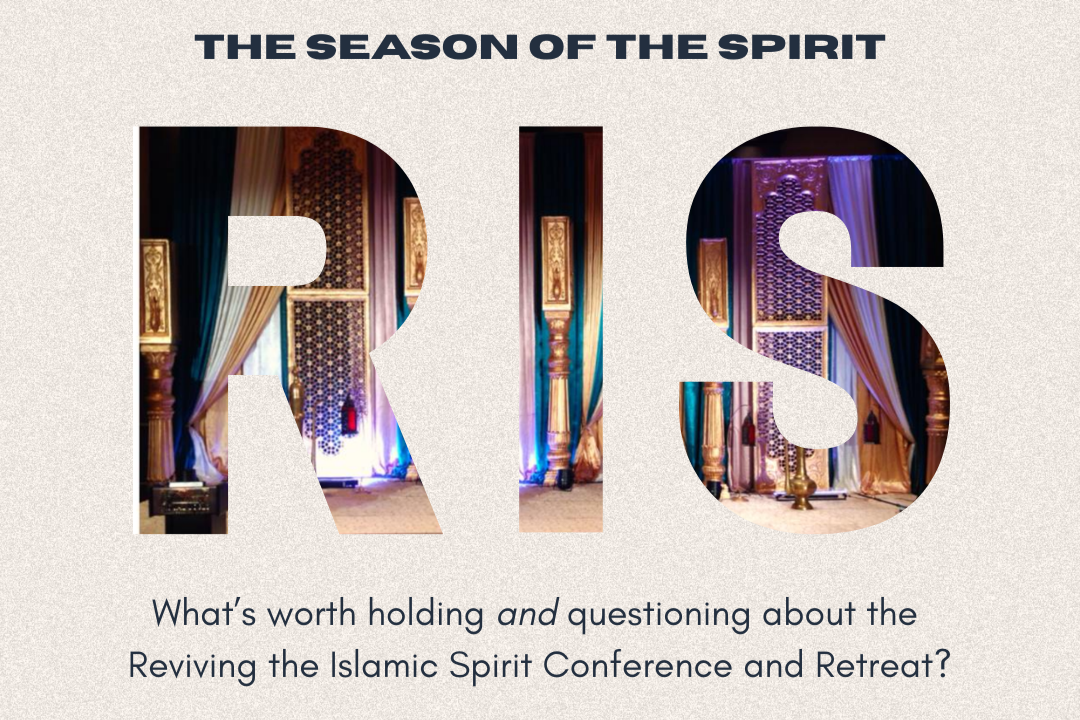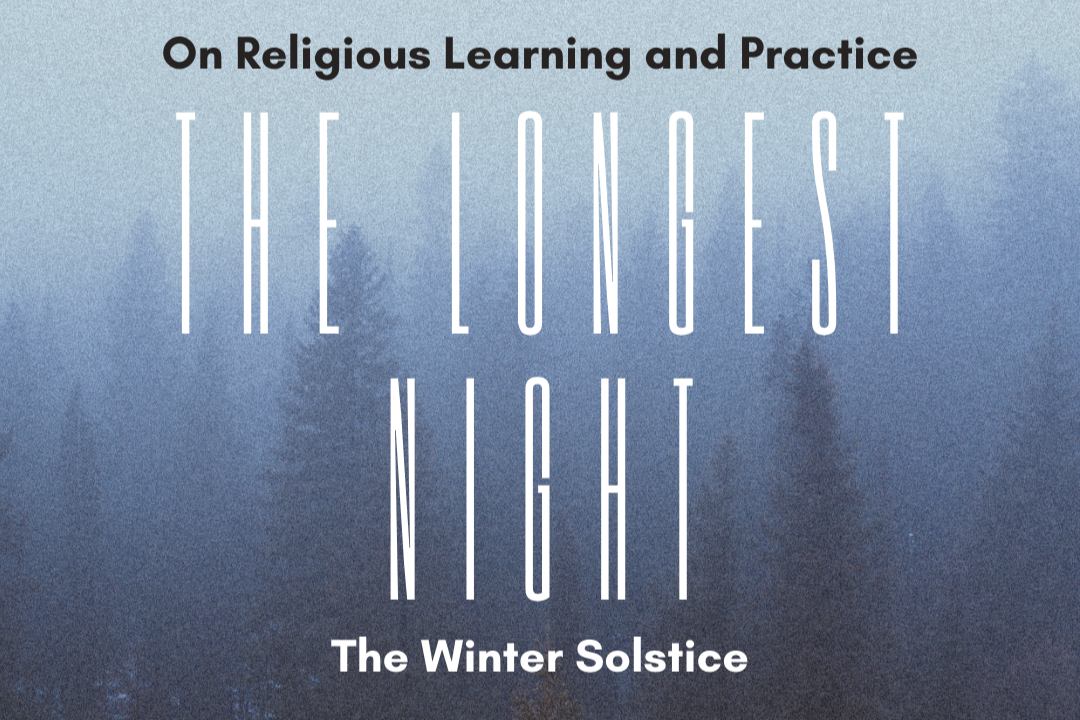What My Research on Religious Authority Teaches Us About Leadership, Learning, and Impact
As I’ve travelled, spoken, and reflected on the ideas in my book, Knowledge, Authority, and Islamic Education in the West, one question keeps resurfacing as I continue working alongside organisations and companies on their learning journeys:
What does religious authority have to teach us about leadership, learning, and impact in the broader world?
The answer is: quite a lot.
Religious spaces, especially educational ones, offer powerful, often overlooked insights into how power and influence are constructed, how learning shapes people and systems, and how futures are imagined and brought into being.
Here are seven key insights drawn from my research that can help you rethink how you lead, partner, and build within ecosystems for impact.
1. Leadership and Influence Are Constructed and Relational
In organisational and social ecosystems, leadership and influence are not solely conferred by a title, a budget, or a formal role.
They are constructed and sustained through:
✅ positionality,
✅ the timing and context in which you act,
✅ the sociopolitical environment you’re situated in,
✅ the stories you tell,
✅ the knowledge you prioritise,
✅ the platform you stand on,
✅ and the audiences and relationships you cultivate.
Crucially, influence lives in relationships, between leaders and teams, funders and grantees, organisations and communities, not just in formal hierarchies.
Recognising this invites leaders to shift away from top-down models and towards intentionally negotiated relationships grounded in applied trust and demonstrated accountability — trust and accountability that are not just stated but actively lived, tested, and reinforced over time.
2. Knowledge Acquisition Is Directional, Not Neutral
Just as the students and institutions I studied were constantly engaged in seeking and sharing knowledge, so too are organisations, leaders, and teams.
But what knowledge you pursue, whose voices you privilege, and why you centre certain insights over others shapes your direction. Without examining your knowledge-seeking patterns, you risk building strategies on unexamined assumptions and privileging dominant defaults or familiar perspectives, locking your organisation into futures that may not align with your stated goals or values.
3. Learning Is Formation, Not Just Information
Learning in organisations isn’t just about delivering facts, frameworks, or technical know-how.
It’s about forming identities, shaping shared values, and influencing how people lead, collaborate, and make decisions together. When organisations focus only on knowledge delivery (trainings, toolkits, workshops) without attending to the deeper work of formation, they miss the longer-lasting transformation that develops ethical, adaptive, and resilient leaders and teams for the futures they claim to want. Because ultimately: if people don’t change, systems don’t change.
4. Narrative Honesty Builds Resilience and Integrity
In 1962, James Baldwin wrote: “Not everything that is faced can be changed; but nothing can be changed until it is faced.”
In my research, I found that communities often reshape stories of the past to meet present needs, sometimes to inspire, sometimes to stabilise, but often without questioning whether those stories can meaningfully guide the futures they claim to build.
The same dynamic plays out in organisations. Without honest alignment between past, present, and future, organisations lose coherence. They risk becoming trapped in myth, nostalgia, or shallow optimism, undermining their ability to adapt, grow, or face the real conditions shaping their work.
5. Structural Limits Must Be Faced
In my research on religious learning, I saw how communities often hold on to beautiful ideals, about knowledge, service, gender roles, or ethical life, shaped in contexts long past.
Yet when those ideals collide with modern structural, political, or economic realities, they can become sources of frustration, disillusionment, or even harm.
The same is true for organisations. It is not enough to have noble visions or well-intentioned commitments. If the structures you operate within, your approach to capital, funding, board priorities, staffing capacity, or time constraints, make certain ideals untenable, pushing for them anyway risks harming your people. Recalibration isn’t failure; it’s ethical responsibility.
6. Futures Are Built, Not Inherited
The future doesn’t simply arrive, it is intentionally constructed through collective imagination, strategic action, and courageous leadership.
In my research, I’ve seen how religious learning spaces transmit not only knowledge of the past but also visions of possible futures, shaping what communities believe is achievable, desirable, or even permissible.
We carry historical evidence showing whose imagination has shaped the inequitable systems we currently inhabit. If you are not actively shaping your organisation’s future, you are simply reproducing today’s defaults, defaults shaped by histories of power and exclusion. Building ethical, resilient futures requires conscious, courageous design.
7. Charisma Isn’t a Strategy: Build Formation That Lasts
We all know charismatic leaders, individuals who can rally teams or communities around a bold, energising vision. Many organisations look to hire or centre such figures to drive transformation.
But in my research on religious authority, I saw a troubling pattern: when charismatic leaders stepped out of alignment with the ethical values they claimed to uphold, people didn’t have structures to fall back on. Instead, they moved on, seeking the next leader, the next organisation, or simply becoming disillusioned.
Without formation change or shared structures of accountability, charisma alone cannot sustain meaningful, ethical change. Organisations must embed values, vision, and accountability into durable systems so that positive change survives beyond the presence, or failure, of any one individual.
Which of these insights do you see unfolding inside your own organisation? Which of these challenges are you actively working to address in your leadership or partnerships?




